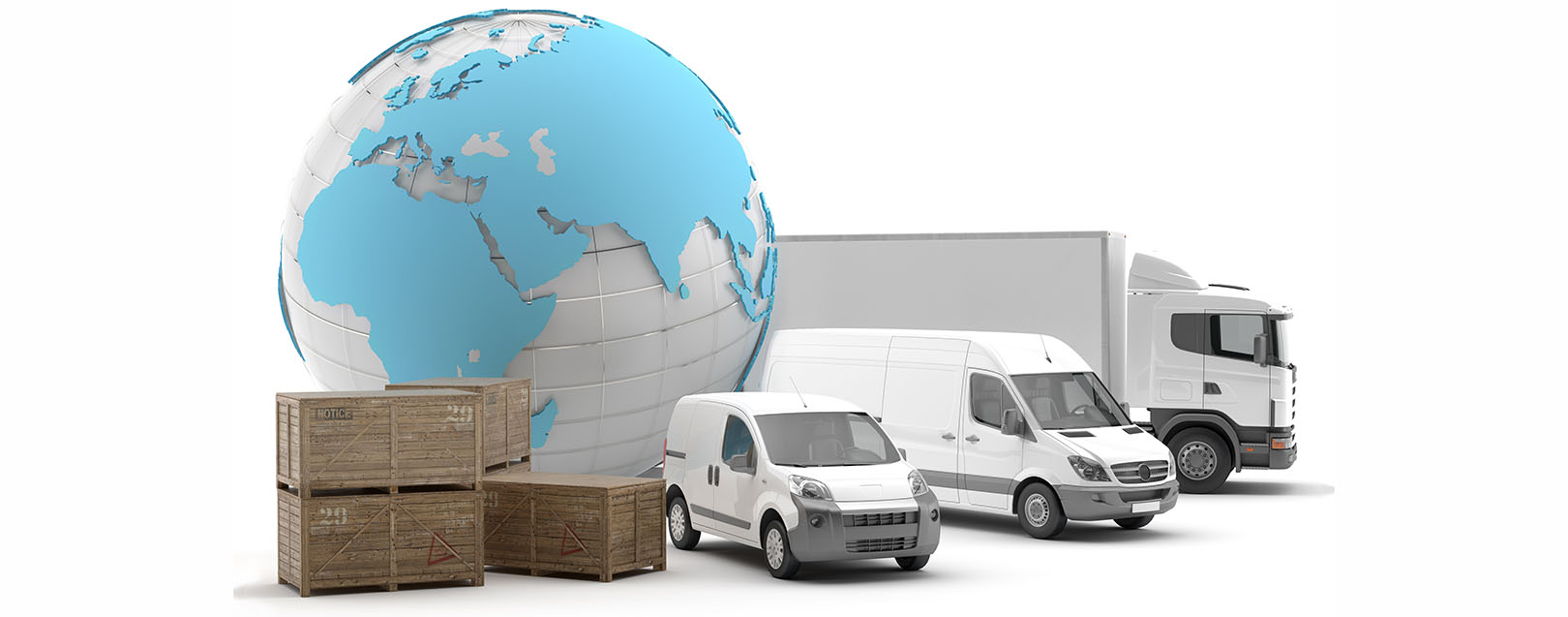
India to sign TIR customs convention on international transport of goods
The Dollar Business Bureau
India looks set to join the TIR Convention also known as the "Transports Internationaux Routiers" or "International Road Transports" Convention as it is keen to establish the seamless trade connectivity that TIR Convention members enjoy with Southeast Asia and the Eurasian region.
By joining this convention India can reap the full benefit of INSTC or International North South Transportation Corridor, which grants access to the Eurasian province via Iran. This will also allow India to gain advantageous position in its trade in the South Asian Growth Quadrangle countries (Bangladesh, Bhutan, Nepal) through the BBIN (Bangladesh, Bhutan, India, Nepal) Motor Vehicles Agreement.
As of July 2016, there are 70 parties to the TIR Convention which includes 69 states and the European Union. Excepting India and Oman, all members of INSTC are already signatories to the 1975 TIR Convention. By being a part of the Convention India can move goods in sealed vehicles or containers, without requiring extensive time-consuming border checks at intermediate borders while at the same time enabling customs authorities the required security and guarantees.
The TIR system covers both customs transit by road and a combination of rail, waterways and maritime transports. INSTC will link Mumbai with St.Petersburg in Moscow through Iran and Azerbaijan which is a 7200 km long network of rail, road and waterway routes. Through this India can boost trade with Iran, Russia and Europe linking South Asia to northern and western Europe.
The TIR procedures guarantee internationally harmonised customs documents also known as TIR carnets to the truckers. This document is valid internationally and also guarantees financial security to the transporter. When a truck arrives at a border customs post it need not pay import duties and taxes on goods at that time. Instead the payments are suspended. If the vehicle transits the country without delivering any goods, no taxes are due. If it fails to leave the country with all the goods, then the taxes are billed to the importer and the financial guarantee backstops the importer's obligation to pay the taxes. TIR transits are carried out in bond, i.e. the lorry must be sealed as well as bearing the carnet. The security payment system is administered by the International Road Transport Union (IRU).
By becoming a member of the TIR Convention, India can reach out to the EEU countries comprising Kazakhstan, Belarus, Kyrgystan, Russia and Armenia- an integrated single market exceeding a GDP of $4 trillion in purchasing power parity.






 to success.
to success.